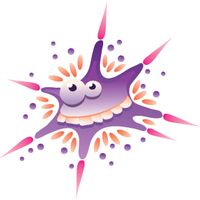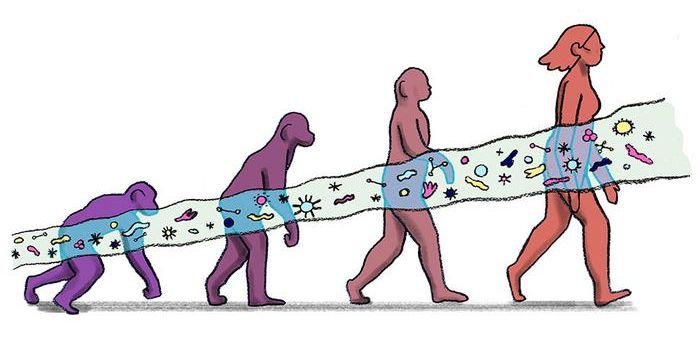Infographics
Learn More About Autism for World Autism Awareness Day
APR 02, 2014 12:00 AM PDT
Share
Your Accurate "Inner Lie Detector"
 Can you tell if someone is lying to you or telling the truth? You probably can-but not for the reasons you think.
Can you tell if someone is lying to you or telling the truth? You probably can-but not for the reasons you think.People have a tendency to look for stereotypical behaviors associated with lying, such as obvious nervous twitches, inability to look someone in the eye, fidgeting, or odd voice inflections. These traits may represent somebody who is innocent but nervous about being suspected of something. Conversely, people have been swindled in the past by smooth liars who have no problem with calmly looking their victims in the eye while they lie to them.
However, research has consistently shown that people are rather poor at detecting liars, with around a 54% accuracy rate in study environments. That is slightly better than guessing, or even flipping a coin.
A research team at the University of California-Berkeley discovered another mechanism people have that is superior at lie detection-automatic associations that are made within our unconscious minds. A summary of their research was published in a recent online edition of Psychological Science.
In their study, 72 people were asked to view a mock-criminal interrogation of suspects that were accused of a crime-in this case, stealing $100. While all of the suspects were instructed to tell the interviewers that they were innocent of the charge, some of them actually had stolen the $100 bill. Thus, the observers were given a group of liars and truth-tellers.
After the interviews, observers were asked to identify which of the suspects were lying and which ones were telling the truth. Their performance was relatively poor-only 43% of the liars and 48% of the truth-tellers were accurately identified.
The researchers then asked the observers to participate in a behavioral test known as the Implicit Association Test (IAT). The IAT is a test that measures unconscious associations, or instincts, through a series of rapid time-based association tests. By presenting photos of the suspects and forcing to choose between words to associate with the photo, the observers used their unconscious minds to determine who was likely telling the truth-and their unconscious minds performed quite well.
Words such as "Deceitful" and "Dishonest" were often correctly associated with the liars, while truth-tellers were more often associated with words like "valid" and "honest". Thus the unconscious mind outperformed the conscious mind.
The likely conclusion is that the more accurate assessments from our unconscious minds tend to be overridden by false assumptions, misconceptions, and biases in our conscious minds, similar to the stereotypical habits discussed above.
Another interesting finding of the study is no great surprise to those of us who are married. While all the unconscious efforts were better than the conscious ones, within the unconscious association results, female observers were significantly more accurate than male observers. Score one for "women's intuition".
So what does this mean? It means to consider your biases and stereotypes when trying to determine if someone is lying-and that you should probably give more weight to your instincts.
Sponsored by

You May Also Like
Loading Comments...








